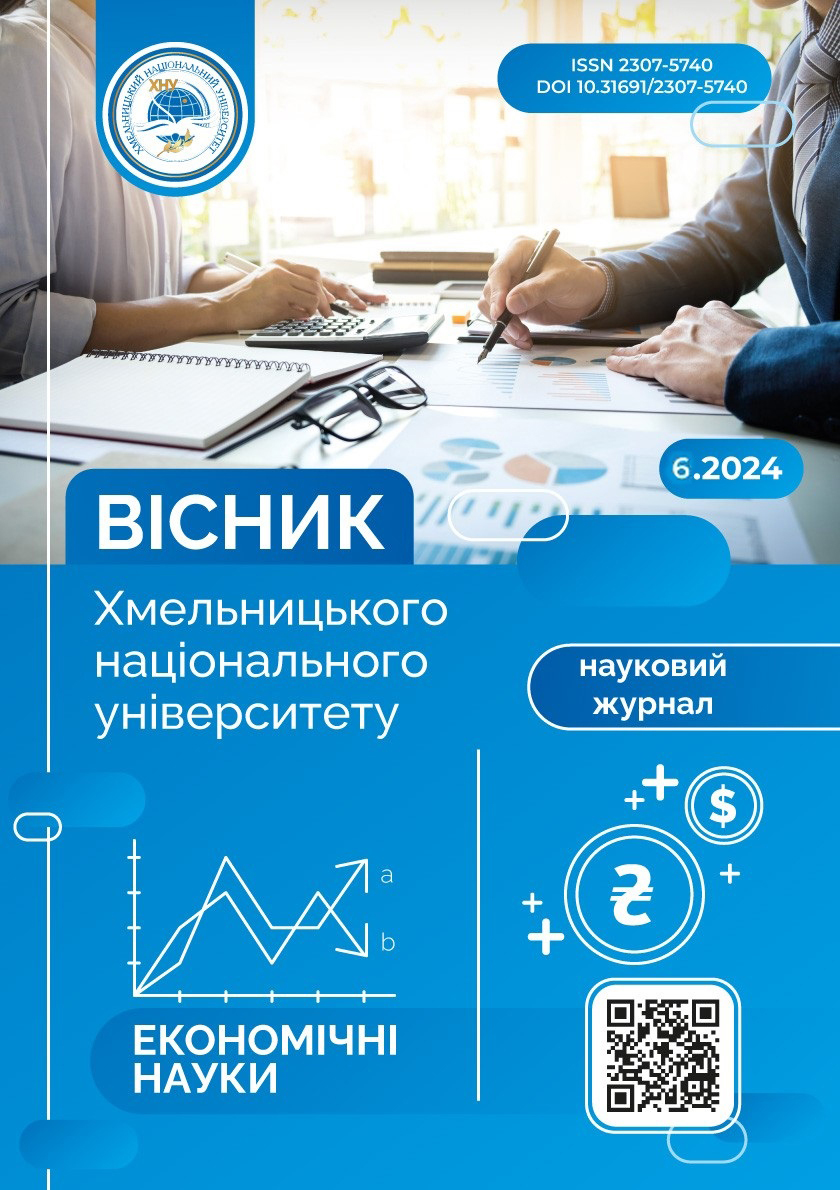CUSTOMS PROTECTION OF RIGHTS TO OBJECTS CONTAINING INTELLECTUAL PROPERTY COMPONENTS IN UKRAINE
DOI:
https://doi.org/10.31891/2307-5740-2024-336-28Keywords:
counterfeit products, intellectual property, customs clearance, ex officio proceduresAbstract
The article deals with the issues of customs protection of rights to objects containing intellectual property components. The author shows that the problematic issues that need to be addressed are: the integration level of legal regulation of customs authorities' activities related to the protection of intellectual property rights; increasing the role of customs registers and application of the ex officio principle in customs procedures for suspension of goods; the need for a unified interstate approach to the problem of parallel imports and the principle of exhaustion of the exclusive right to a trademark. At the same time, the main measure to protect exclusive rights applied by the customs authorities is related to the suspension of the release of goods based on information from the customs register of intellectual property. This includes copyright and related rights, trademarks (service marks) and appellations of origin. It is found that the problem of parallel imports is closely related to the issue of exhaustion of exclusive rights. National legislation is characterized by the absence of a unified approach to this principle. Thus, civil legislation provides for the national (territorial) principle of exhaustion, according to which it is not an infringement of the exclusive right to a trademark to use this trademark by other persons in respect of goods which were put into civil circulation in Ukraine directly by the right holder or with his consent. It is concluded that improvement of the customs protection mechanism requires further unification of legislation at the level of individual participants in foreign economic activity, as well as modernization of interstate regulation of administrative procedures in terms of uniform application of the ex officio principle. The author believes that it is necessary to establish a unified approach to the principle of exhaustion of the exclusive right to a trademark at the interstate level, namely, to recognize the national exhaustion principle and introduce exceptions to it, i.e. to establish a differentiated approach. And effective combating of counterfeit products transported across customs borders will require further development of digitalization processes at various stages of customs activities.


